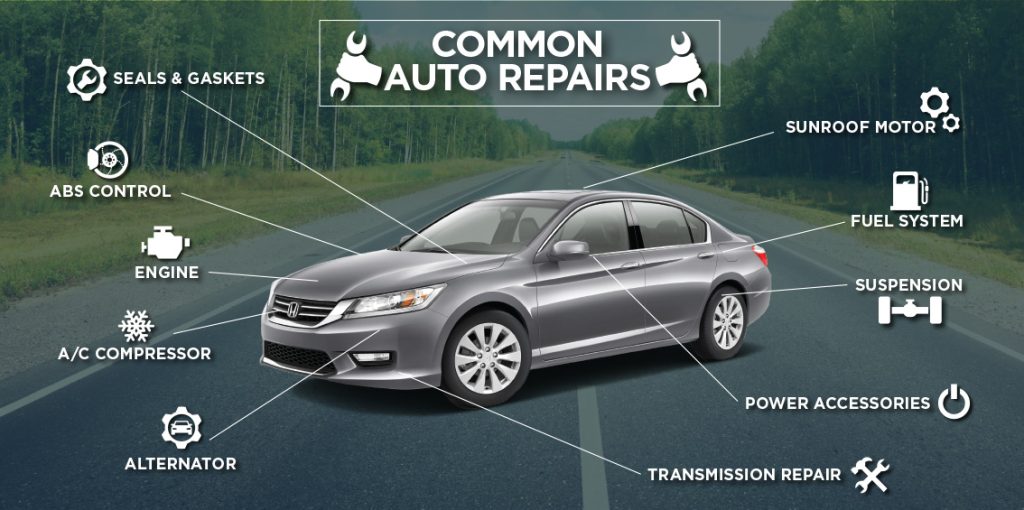Custom modification to cars is a manufacturer’s worst nightmare and they do everything they can to prevent it. For years manufacturers have denied warranty claims due to performance-improving modifications and continued to expand what they define as a “modification”.
The good news is applying a ceramic coating via a DIY kit or a professional installation should not be a violation of the manufacturer’s warranty.
That being said, each manufacturer is different and has unique requirements, legal definitions, and standards that apply so there can never be a true yes or no answer.
Today, we will discuss a few examples of situations where the manufacturer may deny a warranty claim due to a Ceramic Coating.

What Might Cause a Manufacturer to Deny a Warranty Claim?
The term “warranty” can be pretty broad, so let’s first establish the different warranty types and their coverages.
Bumper to Bumper Warranty
The bumper to bumper is what you likely are thinking about when referring to a warranty. This is your standard warranty that comes with the vehicle when you buy it new. It’s known as an exclusionary warranty and only covers certain sections and systems of the vehicle. Depending on the make and model this will vary, but a 3-year or 36,000 miles seems to be the typical standard.
It will typically cover the following:
- Major vehicle systems
- Air conditioning and heating
- Radio
- Steering issues
The Powertrain Warranty
This level of warranty also typically comes with new cars, trucks, and SUVs. A powertrain is any component that creates “power” to the wheels. Every vehicle is unique so it may cover slightly different parts for each vehicle, but this typically covers:
- The engine
- Transmission
- Drive Shaft
- Axels
- Transfer Case
- Seals
The powertrain warranty is typically offered for a longer time frame than your standard bumper-to-bumper. Most of them are 5 years or 60,000 miles, but some manufacturers offer up to 100,000 or 10 years.
Corrosion Warranty
The final warranty is one you don’t hear much about. It’s known as the corrosion warranty and will cover the cost of repairing corrosion that might appear on your vehicle caused by accidents, water, salt, and other factors.
The big catch on this warranty is each manufacturer seems to have different standards and requirements for the coverage. From what we can tell no manufacturer mentions that ceramic coating voids the warranty.

Items Not Covered by Manufacturer Warranty
We’ve talked about what is covered by the manufacturer’s warranty, now let’s talk about what isn’t. Generally, the automaker will not cover any item that is designed to wear or require routine replacement or maintenance. This can include things like the following:
- Tires
- Windshield Wipers
- Bulbs
- Dings
- Scratches in paint
What Will Void Your Manufacturer Warranty
This one is pretty simple. The manufacturer will not cover items caused by misuse or negligence. For example, if you decide to take your Honda Civic racing through the desert and destroy your engine, Honda will likely deny your claim.
It is vital to read and understand your warranty paperwork. Each manufacturer is different.
How Would Ceramic Coating Void A Manufacturers Warranty?
While we can’t find any wording from manufacturers that indicates a proper application of ceramic coating would void a warranty. An incorrect application could result in damage to your car that would not be covered under warranty.
For example, if you were to apply ceramic coating somewhere you should not like a brake caliper or perhaps a rotor. This would cause the braking system of your vehicle to not work correctly and the manufacturer would likely deny a warranty claim for this due to the ceramic coating being the cause.
Summary: Will Ceramic Coating Void My Warranty?
Simply put, if you perform a proper application of ceramic coating via a DIY kit or a professional detailer we can’t find anything that would indicate this would void any warranty. We would like to add a disclaimer that you should read your warranty document carefully to completely understand the details. Each manufacturer is different and is subject to special terms.
